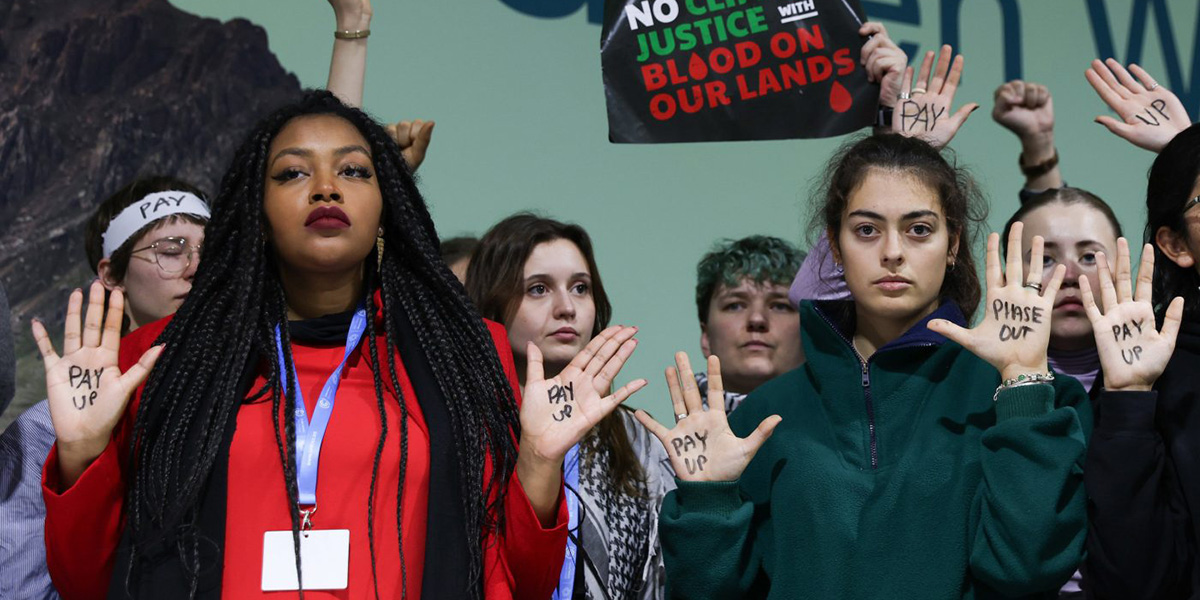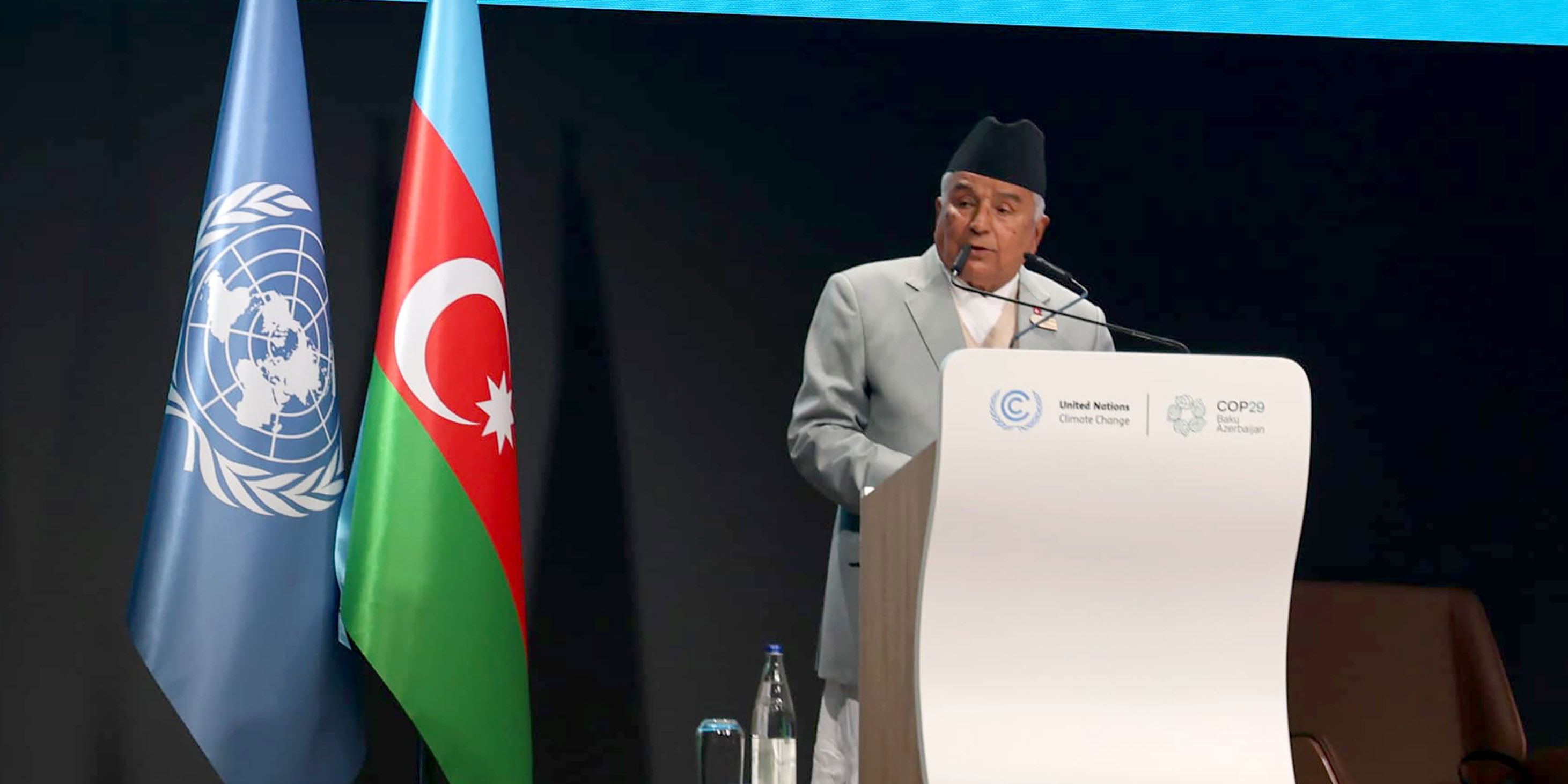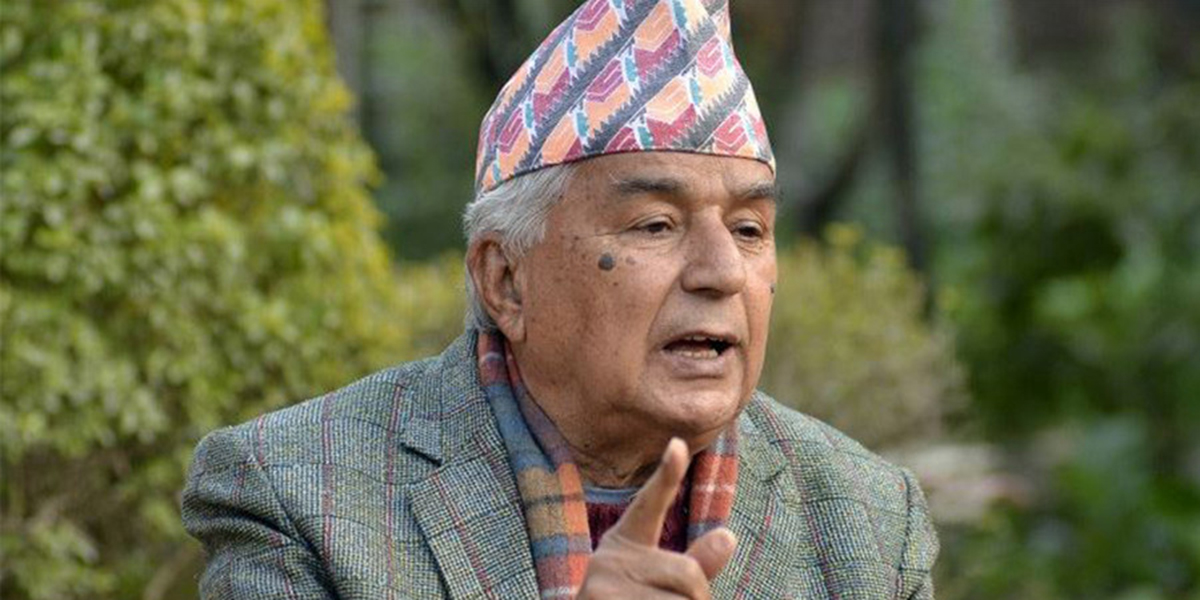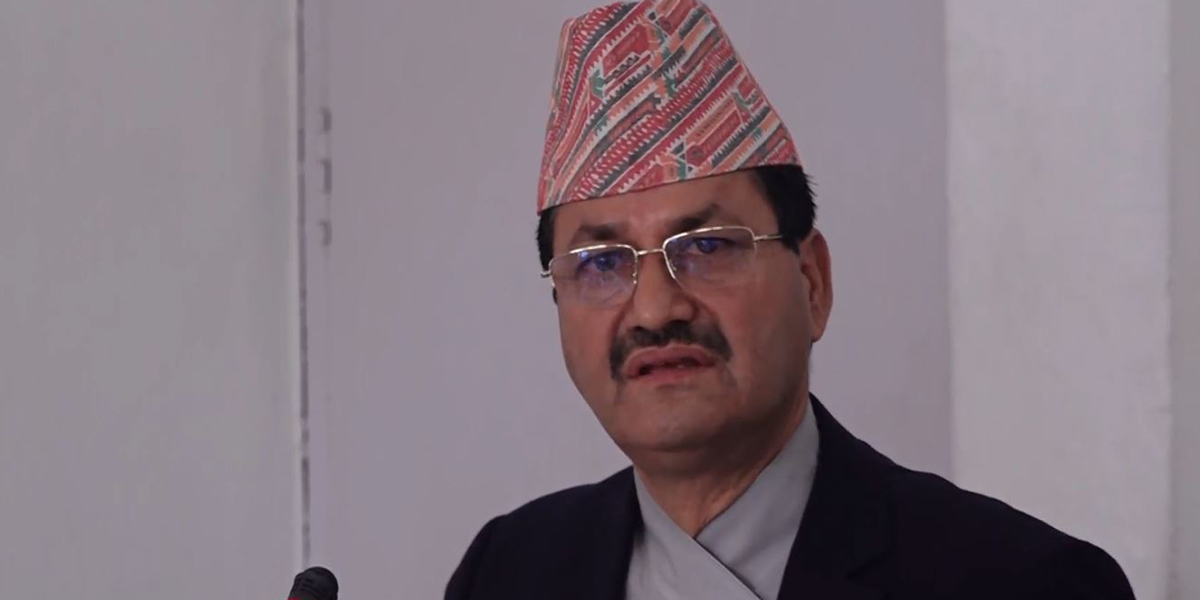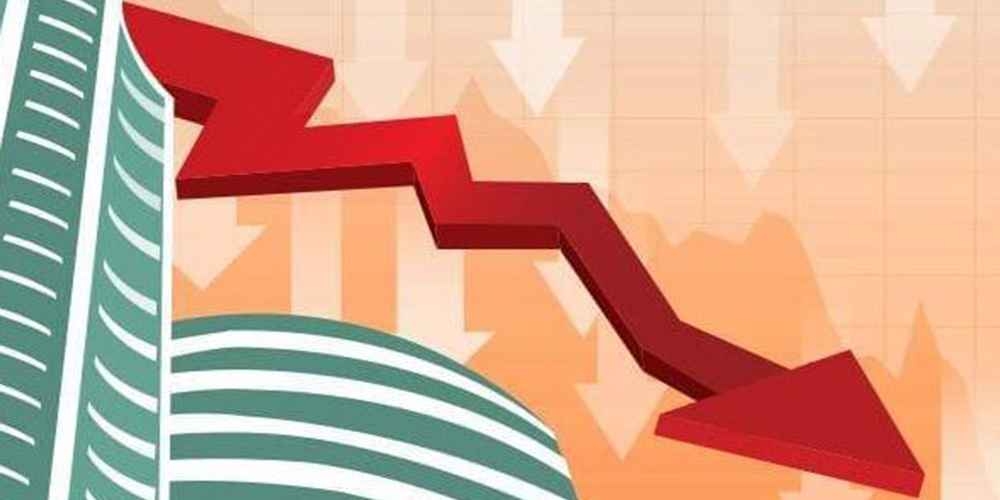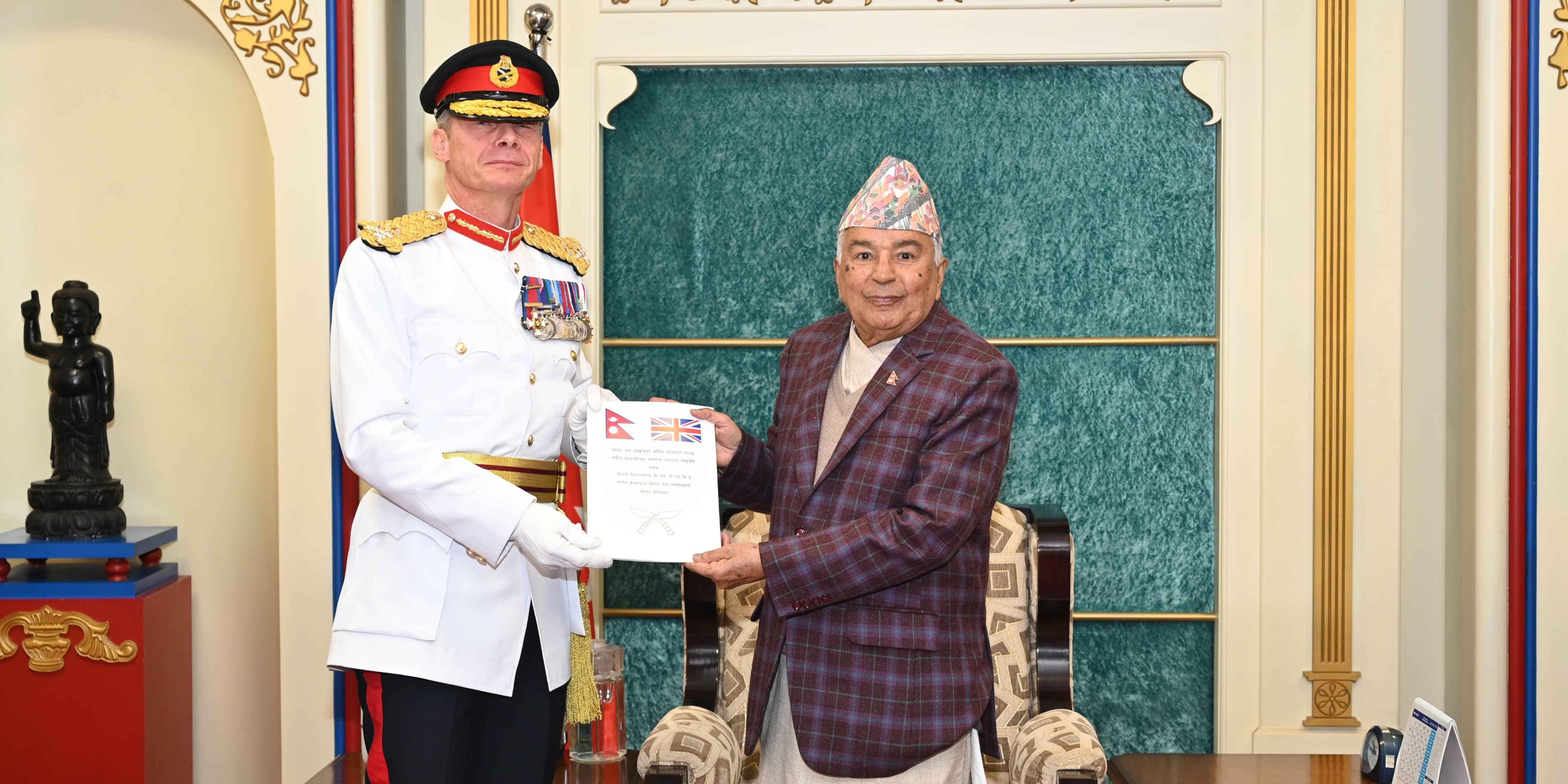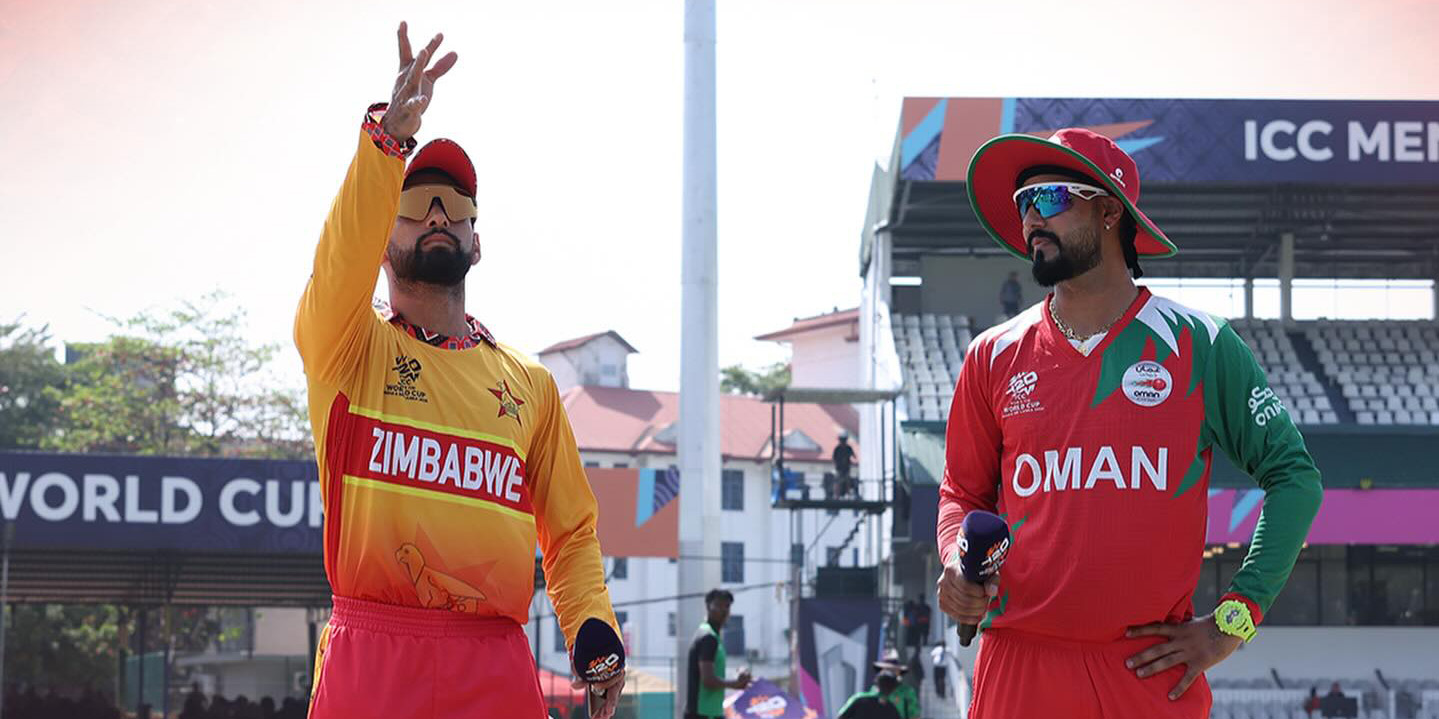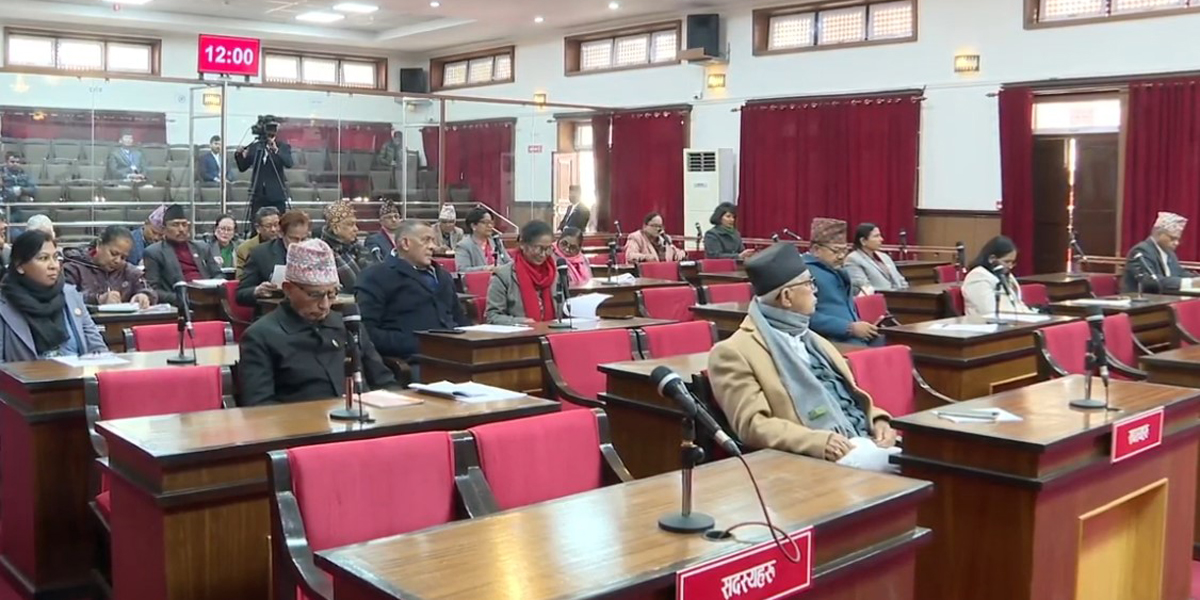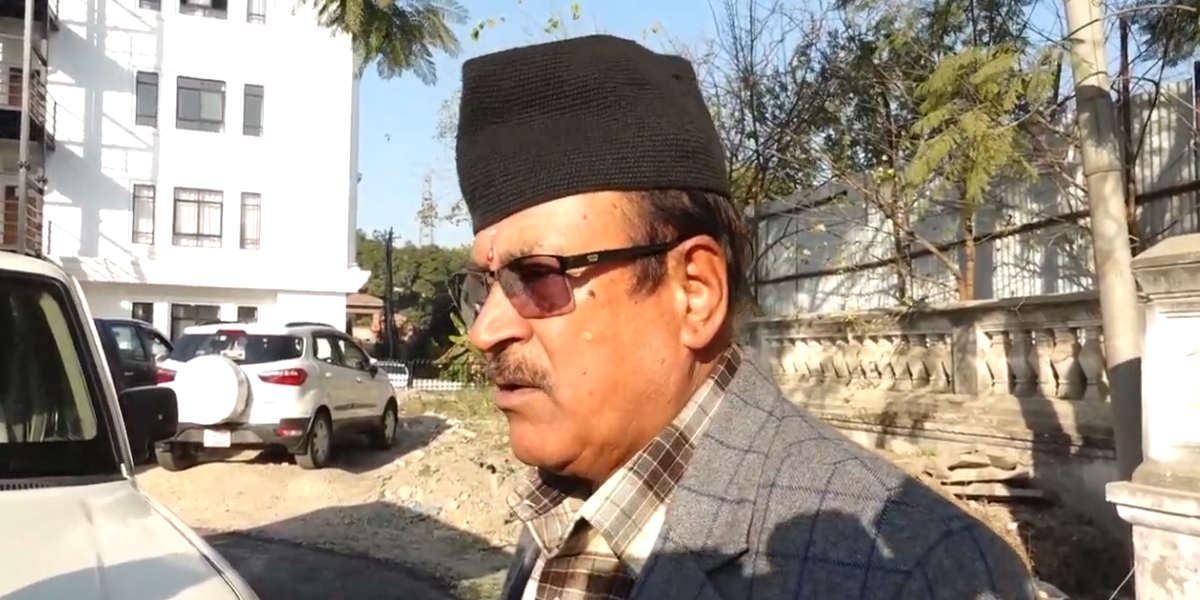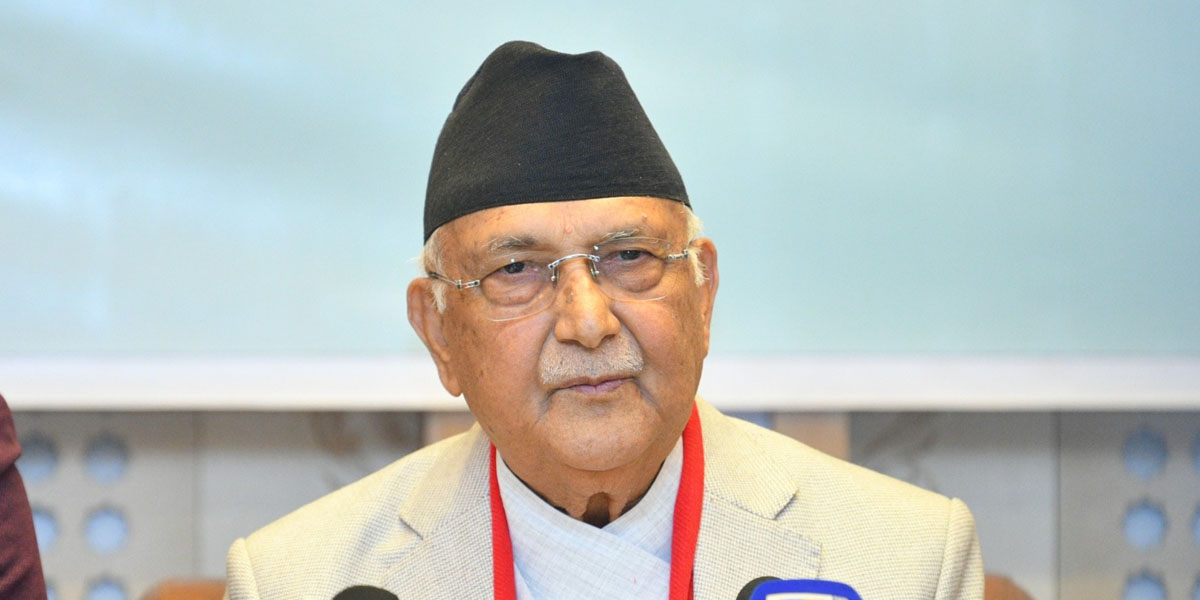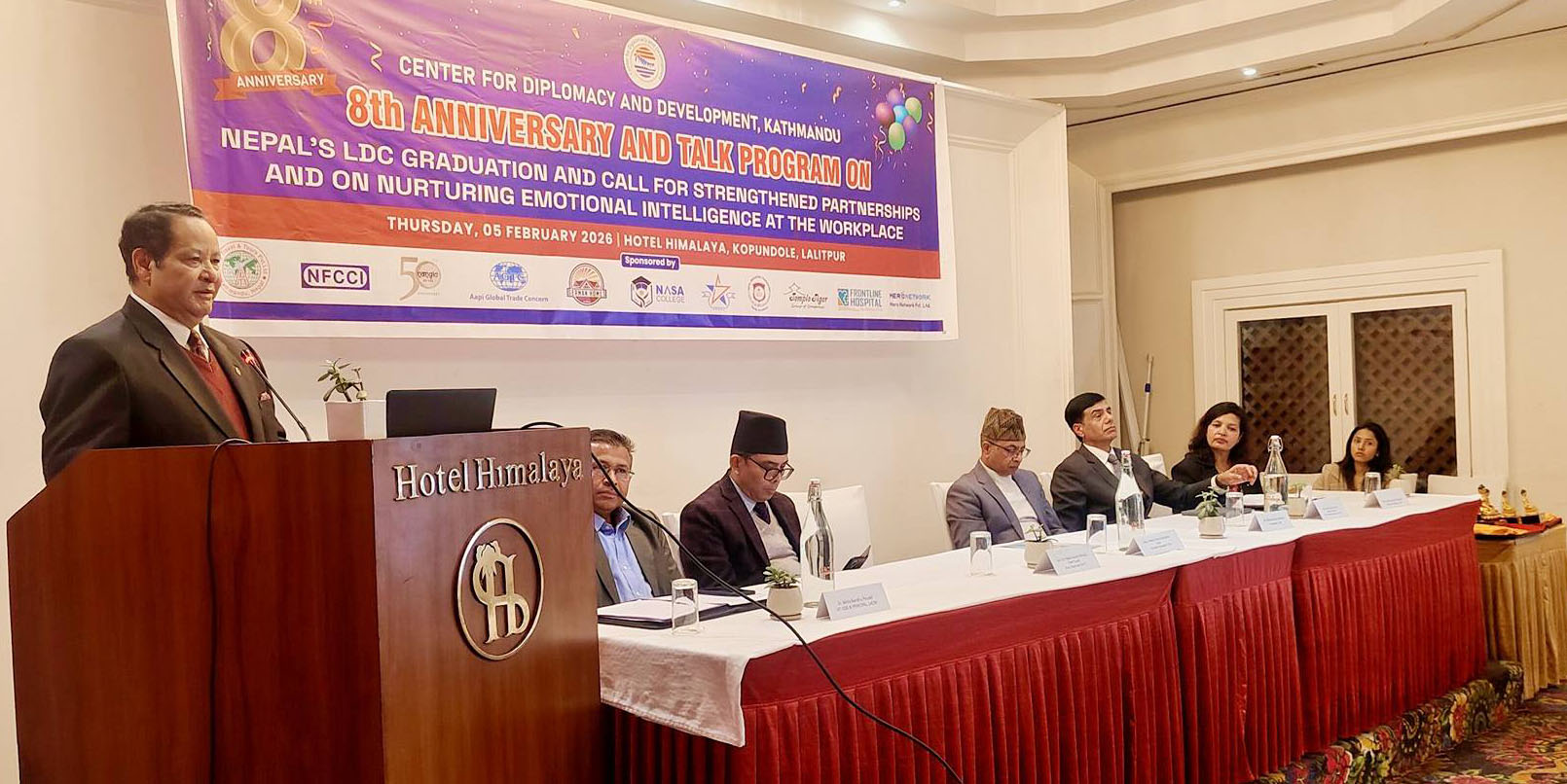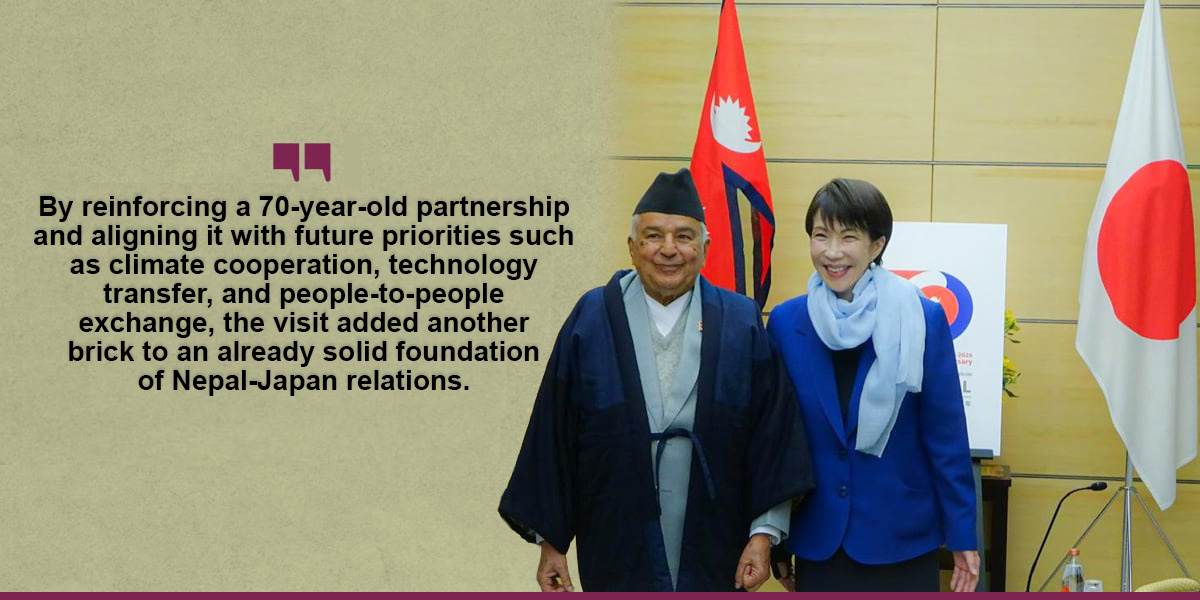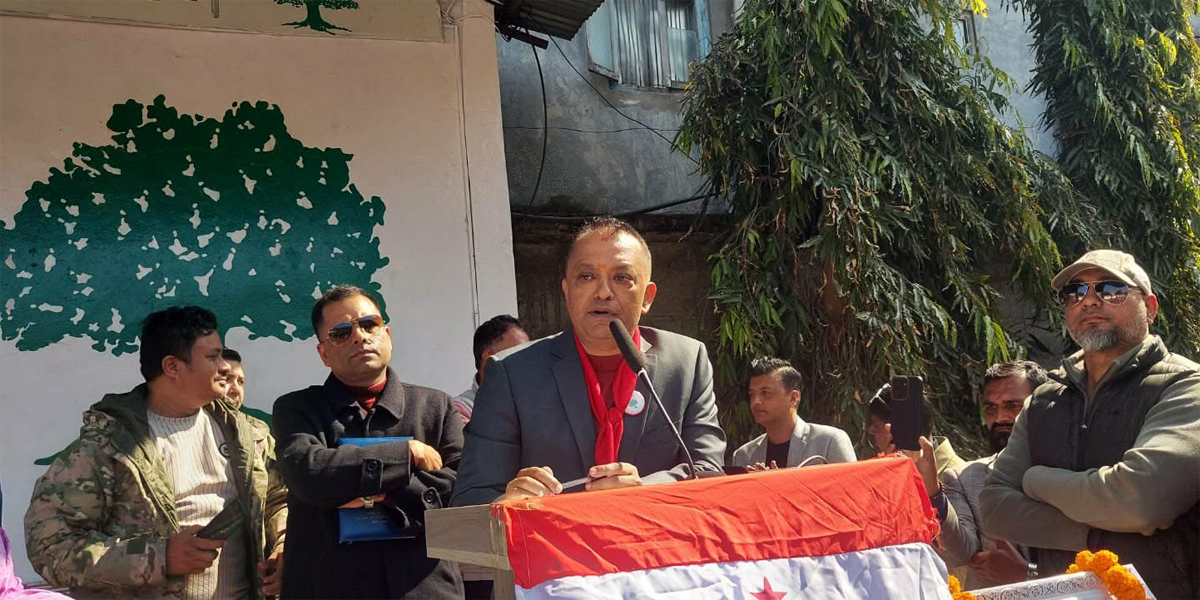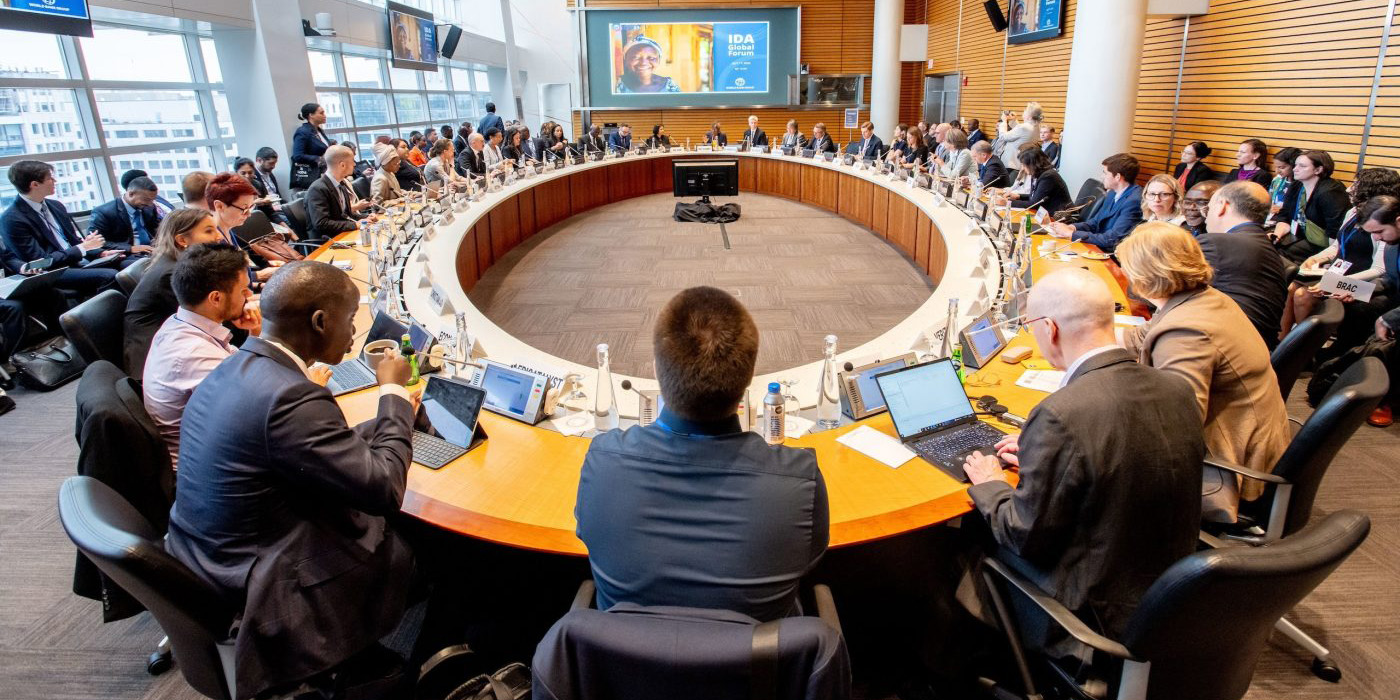 A forum held in April for civil society to speak with shareholders and World Bank management in Washington DC, as part of this year’s International Monetary Fund Spring Meetings (Image: Ian Foulk / World Bank, CC BY-NC-ND)
A forum held in April for civil society to speak with shareholders and World Bank management in Washington DC, as part of this year’s International Monetary Fund Spring Meetings (Image: Ian Foulk / World Bank, CC BY-NC-ND)
BAKU: United Nations climate talks adopted a deal to inject at least $300 billion annually in humanity’s fight against climate change, aimed at helping developing nations cope with the ravages of global warming in tense negotiations.
The $300 billion will go to developing countries who need the cash to wean themselves off the coal, oil and gas that causes the globe to overheat, adapt to future warming and pay for the damage caused by climate change’s extreme weather. It’s not near the full amount of $1.3 trillion that developing countries were asking for, but it’s three times a deal of $100 billion a year from 2009 that is expiring. Some delegations said this deal is headed in the right direction, with hopes that more money flows in the future.
But it was not quite the agreement by consensus that these meetings usually operate with and some developing nations were livid about being ignored.
COP29 President Mukhtar Babayev gaveled the deal into acceptance before any nation had a chance to speak. When they did they blasted him for being unfair to them, the deal for not being enough and the world’s rich nations for being too stingy.
“It’s a paltry sum,” India negotiator Chandni Raina said, repeatedly saying how India objected to rousing cheers. “I’m sorry to say we cannot accept it.”
She told The Associated Press that she has lost faith in the United Nations system.
Nations Express their Discontent
A long line of nations agreed with India and piled on, with Nigeria’s Nkiruka Maduekwe, CEO of the National Council on Climate Change, calling the deal an insult and a joke.
“I’m disappointed. It’s definitely below the benchmark that we have been fighting for for so long,” said Juan Carlos Monterrey, of the Panama delegation. He noted that a few changes, including the inclusion of the words “at least” before the number $300 billion and an opportunity for revision by 2030, helped push them to the finish line.
“Our heart goes out to all those nations that feel like they were walked over,” he said.
The final package pushed through “does not speak or reflect or inspire confidence,” India’s Raina said.
“We absolutely object to the unfair means followed for adoption,” Raina said. “We are extremely hurt by this action by the president and the secretariat.”
Speaking for nearly 50 of the poorest nations of the world, Evans Davie Njewa of Malawi was more mild, expressing what he called reservations with the deal. And the Alliance of Small Island States’ Cedric Schuster said he had more hope “that the process would protect the interests of the most vulnerable” but nevertheless expressed tempered support for the deal.
U.N. Secretary-General Antonio Guterres said in a post on X that he hoped for a “more ambitious outcome.” But he said the agreement “provides a base on which to build.”
After Tough Talks, Some Feel Relief
There were somewhat satisfied parties, with European Union’s Wopke Hoekstra calling it a new era of climate funding, working hard to help the most vulnerable. But activists in the plenary hall could be heard coughing over Hoekstra’s speech in an attempt to disrupt it.
Eamon Ryan, Ireland’s environment minister, called the agreement “a huge relief.”
“It was not certain. This was tough,” he said. “Because it’s a time of division, of war, of (a) multilateral system having real difficulties, the fact that we could get it through in these difficult circumstances is really important.”
UN Climate Change’s Executive Secretary Simon Stiell called the deal an “insurance policy for humanity,” adding that like insurance, “it only works if the premiums are paid in full, and on time.”
The deal is seen as a step toward helping countries on the receiving end create more ambitious targets to limit or cut emissions of heat-trapping gases that are due early next year. It’s part of the plan to keep cutting pollution with new targets every five years, which the world agreed to at the UN talks in Paris in 2015.
The Paris agreement set the system of regular ratcheting up climate fighting ambition as away to keep warming under 1.5 degrees Celsius (2.7 degrees Fahrenheit) above pre-industrial levels. The world is already at 1.3 degrees Celsius (2.3 degrees Fahrenheit) and carbon emissions keep rising.


